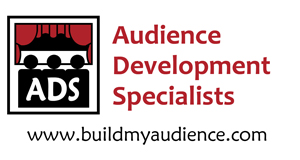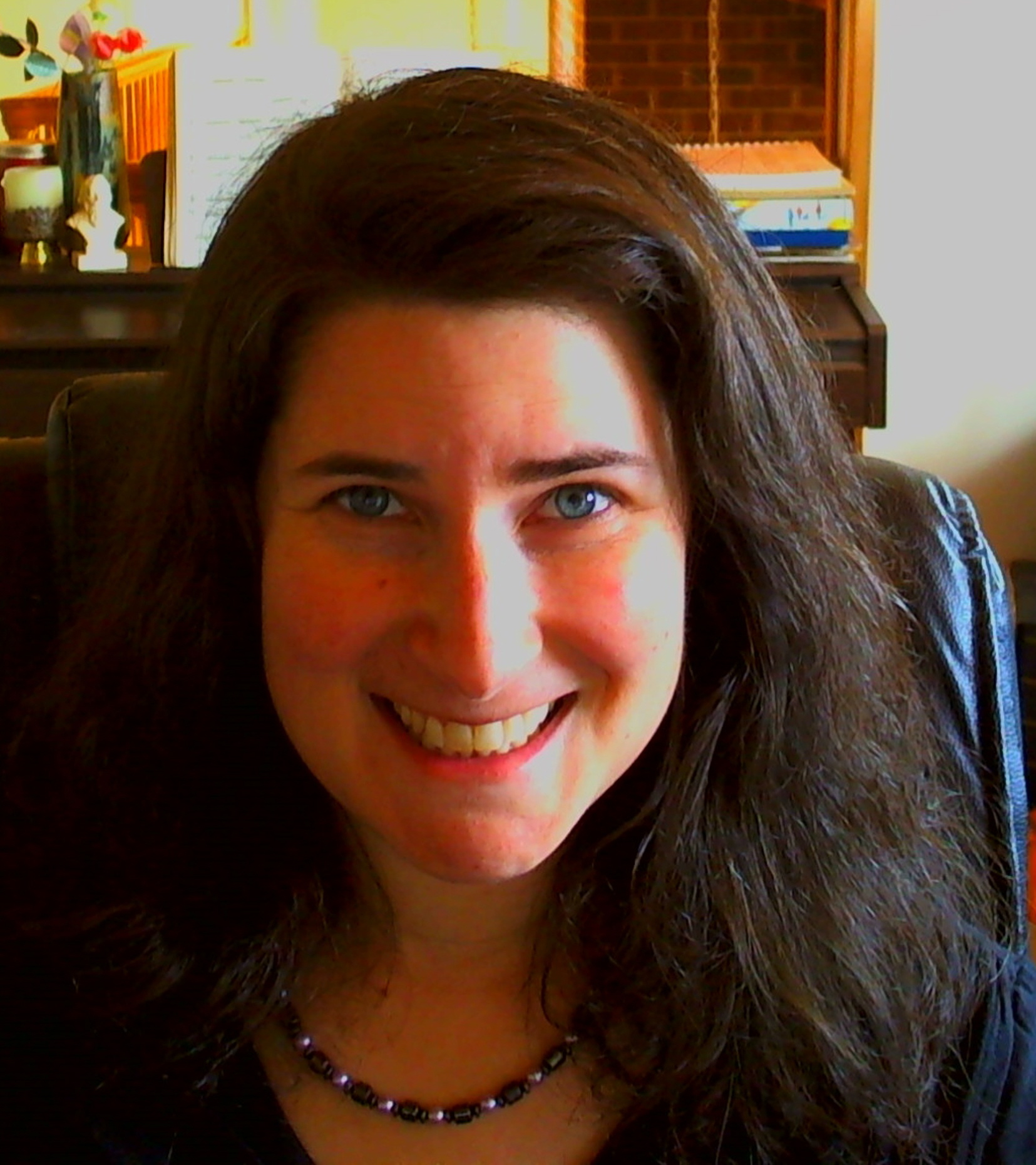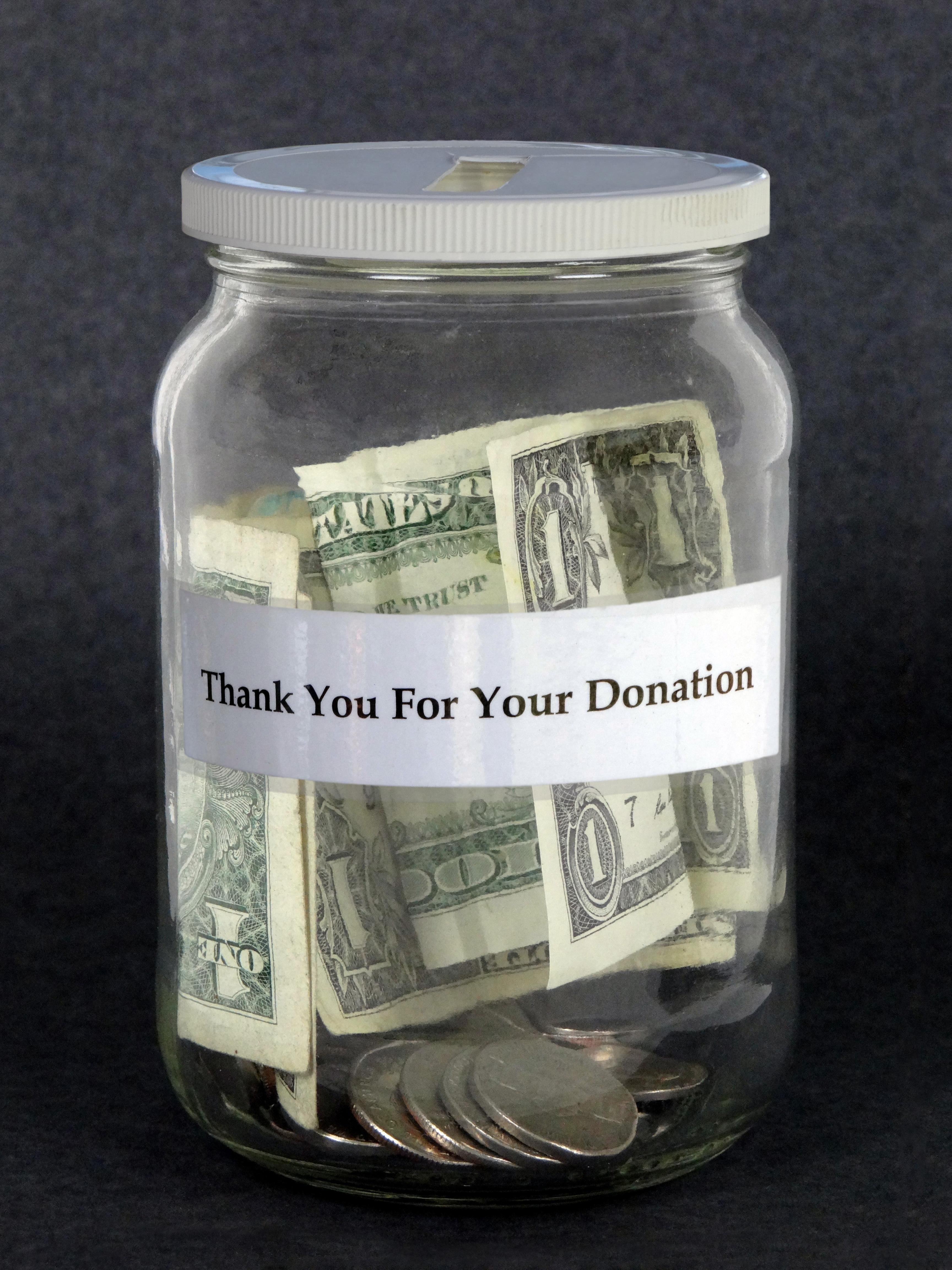I am slowly resurfacing with hopes that a new direction will be firmly formed in the next couple of months. As I mentioned before, I am speaking with a variety of people to gain perspective, and I thank each and every person that has taken the time to talk with me.
During a few of these chats, I have come across the “yes, but” mentality. Why do people say “yes, but?” On the one hand, I realize that it is used to evaluate and think through an idea. It is also used as a way to share prior experience to help others to not make the same mistakes.
On the other hand, it negates the positive energy that someone is putting forward.
When it comes to building an audience and working with other people to come up with ideas, perhaps we need to consider the “yes, but” a little more closely. Does this phrase ultimately help or harm? Does it make us feel energized with the feeling of wanting to move forward in a positive direction? Does it help us reach a better conclusion (the conclusion for us to not act at all)? Does it make the person that you are saying this to feel better or worse? Is “yes, but” an idea creation killer?
The “yes, but” albeit said with good intentions, with the desire to help think through an idea, process or project, can still be quite the buzz killer. There are times when an idea may not be fully sound, yet, there must be a better way of sharing our wisdom about someone’s idea without killing their spirits. Let’s figure out a better way to brainstorm and evaluate so the energy remains positive.
I’m starting to see the other camp of people that do not use “yes, but.” Instead they attempt to make the idea better instead of knocking the idea down. There is a way to give feedback that actually builds up the idea and adds to it, even if you see some of the challenges involved.
I am also happy to say that I see the people that go against the “yes, but” completely and find a way to build their idea anyway. What’s interesting is that while others are saying “yes, but,” these people are saying “yes, I did it!”
Audience development involves working as a team, and I believe that “yes, but” is not a team building technique. Some people like the alternative “yes, and” instead.
What would you suggest? Thoughts?
Cheers to happy and loyal audiences,
Shoshana
Shoshana Fanizza
Audience Development Specialists
https://www.buildmyaudience.com
“Never treat your audience as customers, always as partners.”
~James Stewart
Please consider supporting ADS so we can continue our work. Donate here!






Great post! I think all of the staff in our department need these buttons to remember that there are no excuses!! 🙂
“I am also happy to say that I see the people that go against the “yes, but” completely and find a way to build their idea anyway.”
I’m choosing to believe I’m one of these folk you refer to, even if I’m not! LOL…
So glad you’re finding a path. Did you check out any of those blogs I mentioned?
Stephen
On Fri, May 31, 2013 at 6:16 PM, Audience Development Specialists Blog! wrote:
> ** > sfanizza posted: “I am slowly resurfacing with hopes that a new > direction will be firmly formed in the next couple of months. As I > mentioned before, I am speaking with a variety of people to gain > perspective, and I thank each and every person that has taken the time to > ta”
In my experience, I often get “Yes, but” when I didn’t think the idea through and I’m not very sure about what I want to do. That’s why they so easily crush a burgeoning idea perhaps.
Another typical case is when my “audience” doesn’t get my point or doesn’t have the necessary background to evaluate the idea. They enter in “defensive mode” as I call it and start opposing your idea instead of accompanying it.
In most cases, the “Yes, but” people are people who really care and want to help me: I think they are worried about the idea failing and me being frustrated and disappointed.
I generally gently end the discussion, so they can’t crush totally my idea, and wait a little before asking again, if needed.
As you say it, you build your idea anyway, and even if there are more positive ways to do this, they help us make the idea better. Of course, emotionally speaking, “Yes, and” is much much better!
There is a theory saying that you unconsciously choose the people you ask things to because you know the type of answer you’ll get. And that’s true, I noticed I sorted people (not deliberately of course!) in groups depending on their behavior when discussing a matter. When I need positive reinforcement or an idea to be tested (or bashed!) I don’t turn to the same people 😀
[…] I am slowly resurfacing with hopes that a new direction will be firmly formed in the next couple of months. As I mentioned before, I am speaking with a variety of people to gain perspective, and I thank each and every person that has taken the… […]